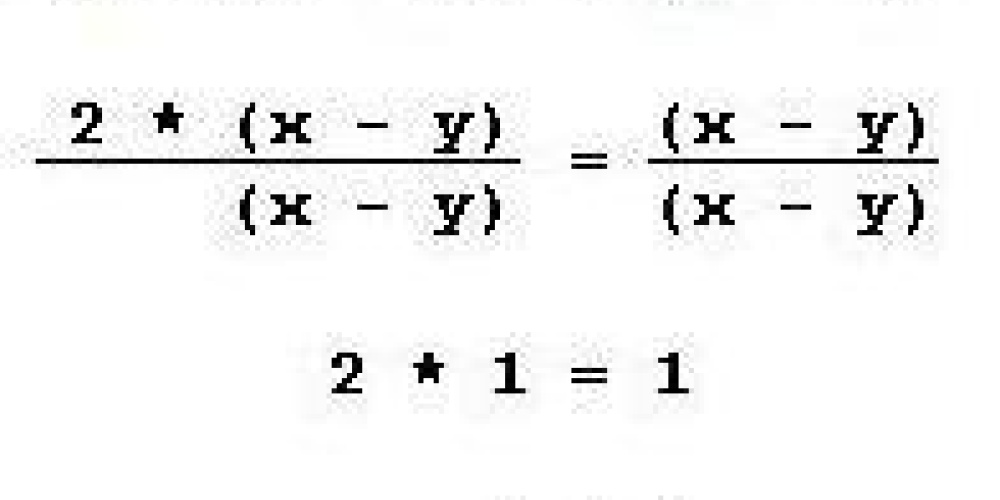
"A woman whose husband went overseas, and one[1] came and told her, 'Your husband has died' and she marries [another]..." (Yevamot 87b). Whereas Jewish law requires two witnesses in all matters of criminal and family law, when it comes to freeing a woman who is "chained" to her missing husband, this law is relaxed, allowing the woman to remarry based on the testimony of only one witness. Furthermore, the Gemara notes that we do not even need the testimony of an actual witness; one may accept "broken telephone" testimony, i.e., a witness reporting that another witness told him the husband had died. And the origin of such testimony may come from someone whose testimony would not normally be accepted, such as a slave.
Moreover, as we will later learn, even circumstantial evidence is accepted in order to allow a woman to remarry. Rav Zeira[2] explains the basis of this leniency as follows: "Due to the strictures that we placed upon her at the end, we could afford to be lenient with her at the beginning" (Yevamot 88a). Immediately after recording the allowance for remarriage based on one witness, the Mishnah teaches, "[and if] afterwards her husband arrives, she must be divorced from this one and that one, and she has no rights to her ketuba nor fruit nor food nor [even claims of discarded] clothes, not on this husband nor on that husband".
This loss of monetary benefits of marriage pales in comparison to the fact that any children she may have had with her second husband are mamzerim; and any subsequent children she may have if she, improperly, returns to her first husband are also declared to be--on a rabbinic level--mamzerim.
It is because the consequences of making a mistake are so severe that we can allow for leniency in the first place. The woman's fear of getting it wrong will help ensure she gets it right. As to why we don't just do away with both the leniency and the stringency, the Gemara answers, "because of agunah the rabbis were lenient". We need to be lenient to help agunot--yet the only way to do so is to introduce a series of stringencies.
Yet as wonderful and noble as the goal of preventing agunot is, what right did our rabbis have to effectively change the laws of the Torah? "According to words of two witnesses or three witnesses shall a matter be established" (Devarim 19:15) are the unequivocal words of the Torah. Such should be especially true when dealing with an issue of remarriage where the implications of a mistake--adultery and mamzerim--are so severe. How can the rabbis "actively uproot a law of the Torah"? Is this not "unconstitutional", a violation of the primary duty of a judge?
The Tosafot Yesheneem (Yevamot 88a, s.v. mishoom) argue that the woman's attempts to verify the claims of the witness--something she will do to avoid the consequences of getting it wrong--is the equivalent of two witnesses. The Torah's requirement of two witnesses is not absolute; it is the Torah's attempt to best ensure accuracy within reason. Relying on one witness is too risky, and demanding more than two is unreasonable. But, as we all realize, the fact that two witnesses testify to something does not mean it is actually true. Rather, the Torah allows--and generally obligates--one to act on the basis of the testimony of two witnesses. It is due to this ever-present uncertainty that a Jewish court is allowed, nay obligated, to ignore the testimony of the two witnesses, if in their best estimation they feel the witnesses are just not telling the truth (Shavuot 30b-31a). Just as at times, two witnesses are to be treated as one, the case of an agunah allows us to treat one witness as two[3].
However, Tosafot presents a much more radical solution[4], asserting that when there is a good argument for doing so[5], "for sure, according to all, the Sages have the power to uproot [the law]" (Nazir 43b, s.v. vehai). Here in Yevamot (s.v. meetoch), Tosafot claims that such is not even to be considered uprooting something from the Torah, "as it is similar [to Torah law] and it is appropriate to believe [one witness]".
Accepting the testimony of one witness may go "against" the Torah. However, the Sages, under very limited circumstances--and there is no better circumstance than freeing an agunah--have the right, even the obligation, to "uproot" (or appear to uproot) the laws of the Torah.
With this background, we can begin to understand the lengths to which one must go to allow a woman to remarry.
[1] While the Mishnah uses the phrase ubau, which is plural form, the entire Talmudic discussion revolves around the fact that the plural was for reasons of "stylistic consistency"; but it actually means one witness.
[2] I find it most interesting that the discussion as to the basis of this leniency awaited Rav Zeira, who was from the last generation of Amoraim. I would have expected such a discussion to arise in early generations, and await enlightenment as to why this is not so.
[3] In a similar vein, we today have other forms of evidence that might even be better than eyewitness testimony--which researchers have shown is often flawed, even when the witnesses are trying to be honest--such as DNA evidence. While such would not be allowed to put someone to death--a death penalty requires not only testimony, but the callousness to kill someone in public view--modern poskim have, for good reason, often accepted such. We will have to elaborate on this another time.
[4] By comparison, Rashi (Shabbat 145b, s.v. le'edoot isha) does not go as far, claiming that such leniency is limited to our case, as it is based on the power invested in the rabbis to annul marriages.
[5] The exact phrase used by Tosafot is panim v'ta'am (Nazir 43b) or, on our page, ta'am v'smach, which are not easily translatable, but clearly indicate that when there is both a good reason for it and a legal argument that can justify such, it is allowed.



